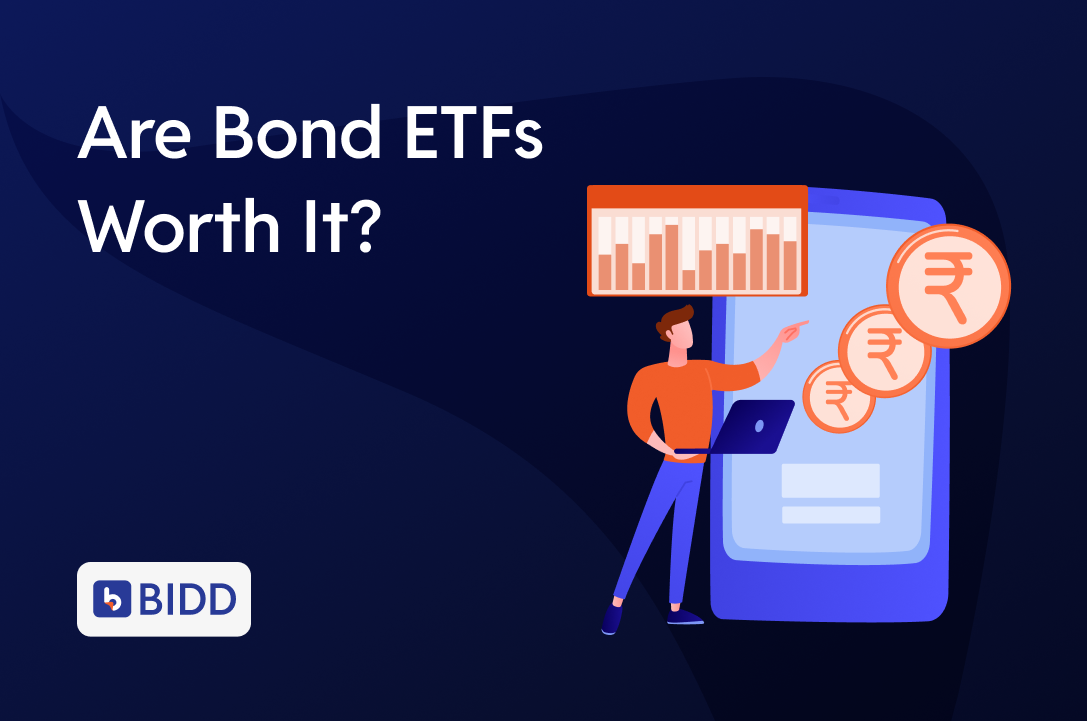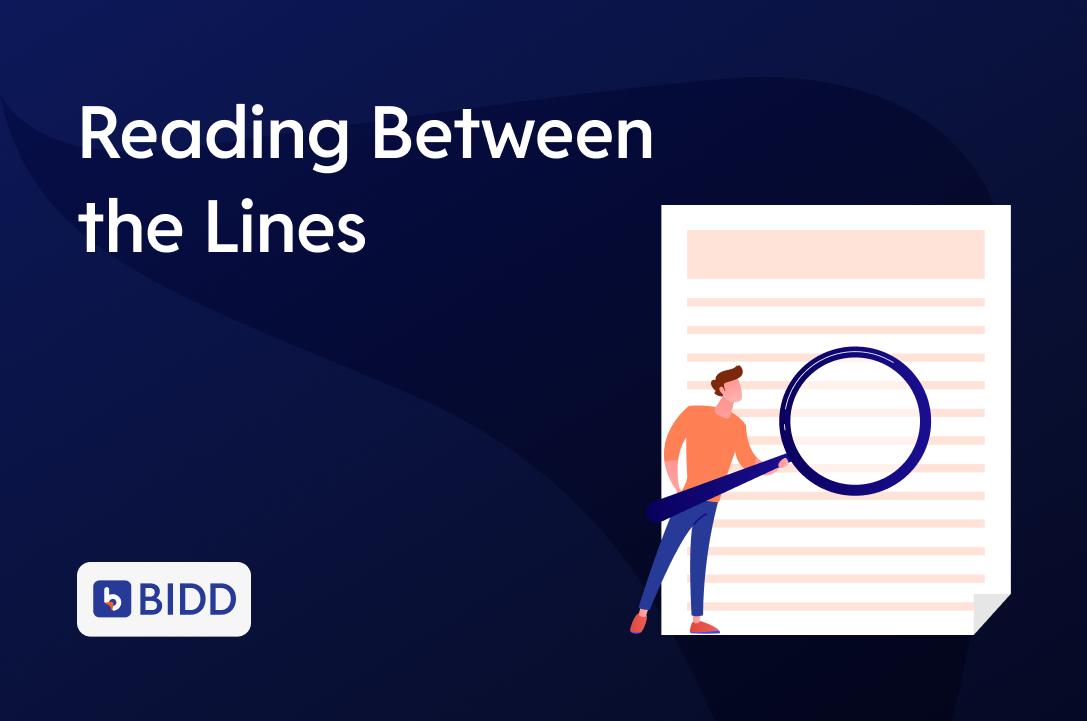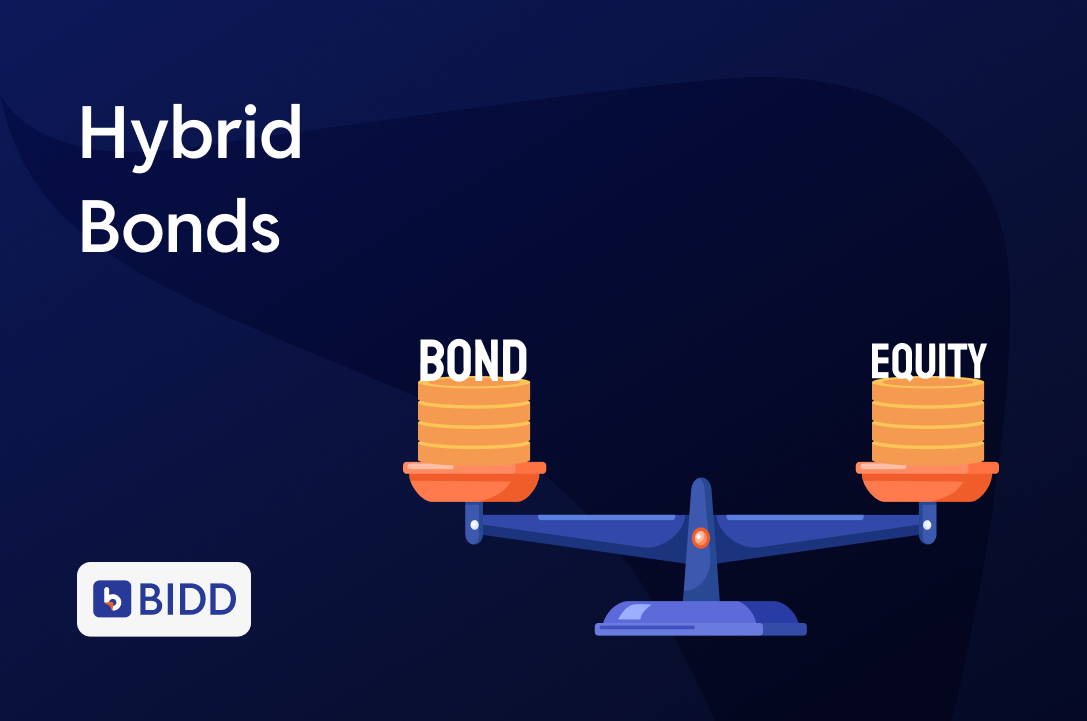You’ve heard about SIPs. You know, mutual funds.
But now everyone’s talking about bond ETFs.
Passive investing in bonds? Sounds convenient.
But is it really worth it — or is it just hype?
Let’s break it down, simply and clearly.
A Quick Scenario
You have two options:
- Option A: Pick and manage individual bonds
- Option B: Invest in a bond ETF and let it run on autopilot
Option B seems easy — maybe too easy.
So what’s the trade-off? And should you consider it?
What Is Passive Bond Investing?
It’s investing in bonds without handpicking each one yourself.
Typically done through bond Exchange-Traded Funds (ETFs) — professionally managed funds that track a bond index.
You don’t select, rebalance, or monitor.
The ETF does all the work.
What Is a Bond ETF?
Think of a bond ETF like a ready-made portfolio of bonds.
Instead of investing in one or two bonds, you gain access to a diversified basket of:
And since ETFs trade on stock exchanges, you can buy or sell units just like you would a stock.
Why Are Bond ETFs Gaining Popularity?
- Diversification
Spread your risk across issuers, industries, and maturities. - Liquidity
Bond ETFs are traded throughout market hours — easier to enter or exit compared to traditional bonds. - Lower Investment Threshold
You don’t need large sums. Bond ETFs allow you to start with just a few thousand rupees. - Transparency
You always know what bonds the ETF holds, and the associated risks.
Passive vs. Active Bond Investing
| Feature | Bond ETF (Passive) | Direct Bonds / Active Funds |
| Bond selection | Based on index | Picked by investor or fund manager |
| Cost | Lower | Usually higher |
| Flexibility | Less (index-driven) | More (customizable) |
| Time required | Minimal | High (research and monitoring) |
If you prefer a hands-off, cost-effective investment style, passive could be for you.
What Returns Can You Expect?
Bond ETFs aim to mirror the returns of the underlying bonds they hold.
So if the portfolio yields around 7%, that’s close to what you’d earn.
Returns are typically steady, not spectacular.
And during falling interest rate cycles, bond prices may rise — giving you capital gains.
Perfect for those seeking stability over sensational returns.
What Are the Risks?
No investment is risk-free. Here’s what to consider:
- Interest Rate Risk
If rates rise, bond prices fall — affecting ETF value. - Credit Risk
If the ETF includes lower-rated bonds and an issuer defaults, performance will suffer. - Tracking Error
Minor deviations from the index may occur due to fees or operational reasons.
Who Should Consider Bond ETFs?
Bond ETFs suit investors who:
- Want fixed income exposure without managing individual bonds
- Prefer stability over high returns
- Are building a diversified investment portfolio
- Value a transparent, low-cost way to invest in debt
- Have medium- to long-term financial goals
So, Are Bond ETFs Worth It?
Here’s a simple breakdown:
| Question | Bond ETFs Answer |
| Are they easy to invest in? | Yes |
| Do they offer diversification? | Yes |
| Are they relatively safe? | Yes — especially government bond ETFs |
| Will they make me rich overnight? | No — but they’ll grow steadily |
They may not be exciting — but bond ETFs offer consistency, liquidity, and simplicity.
If you value peace of mind, they’re worth considering.
Final Thoughts
Bond ETFs provide a modern, efficient way to invest in bonds.
You don’t need to track interest rate cycles or research each issuer individually.
They bring together safety, simplicity, and reliability — ideal for a well-rounded debt portfolio.
Before you invest, ask:
- What type of bonds does the ETF hold?
- What’s the credit quality?
- How long should I stay invested?
- Does it align with my financial goals?
Want Help Choosing the Right Bond ETF?
You can compare offerings on trusted platforms like BSE, NSE, Zerodha, Groww, or explore curated options on Bidd.
Or, speak with a bond advisor to get tailored guidance.
Being passive doesn’t mean being careless.
It means being smart — and letting time and discipline do the heavy lifting.
Disclaimer: This blog is intended solely for educational and informational purposes. It should not be construed as investment advice, a recommendation, or an offer to buy or sell any financial products. Please consult a registered financial advisor before making any investment decisions.




